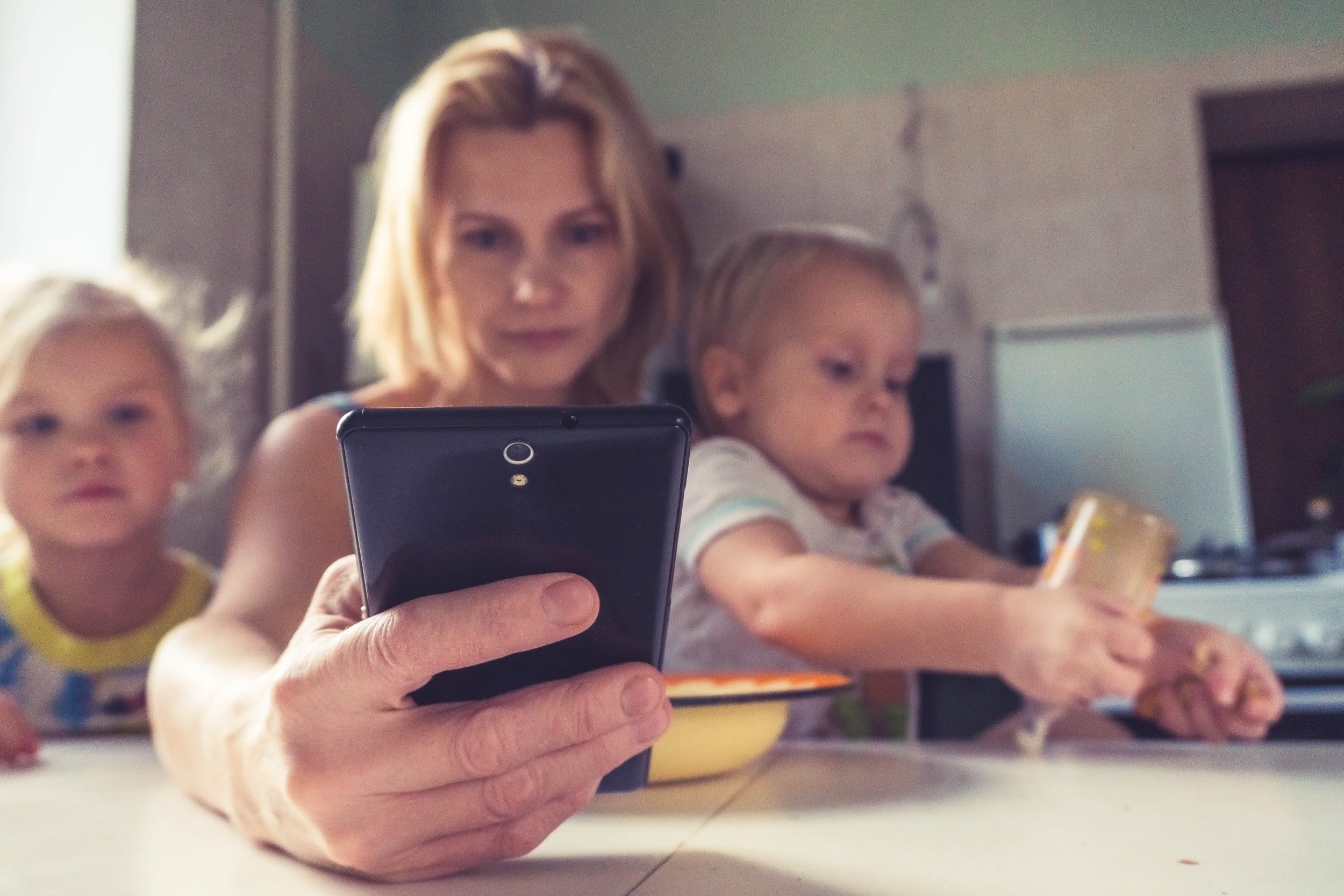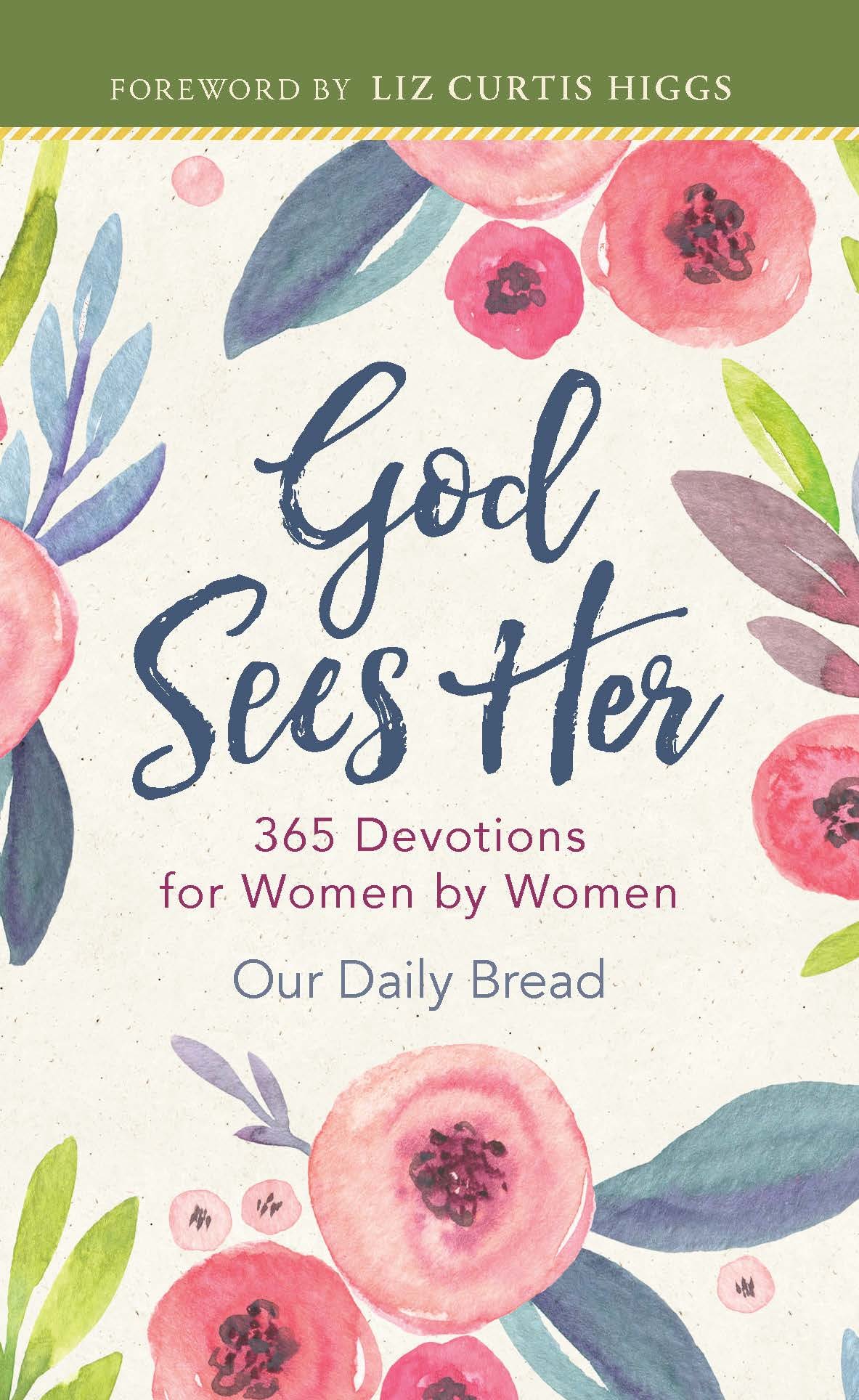Just before I started fifth grade, our single-mom-family moved from the San Francisco Bay Area to suburban Houston. I was already reeling as a ten-year-old experiencing pubescent mood swings and a growth spurt taking me to 5’2”—way above most girls my age. So, when I entered Miss Hailey’s fifth-grade classroom, clad in my supercool, white go-go boots and puff-sleeved minidress, I was more than a little bit nervous. Did girls wear such trends in Texas? Would I fit in or stand out?
I tucked my long legs under my desk and sat obediently in place while Miss Hailey called roll, using first names only. She came to my name and projected, “Elisa.”
“Here,” I answered and then raised my hand, interrupting her before she could announce the next name. “Excuse me, Miss Hailey?” I asked.
“What is it?” she responded, pen poised over her clipboard.
“My name is Elisa—pronounced ‘Aleesa.’ You pronounced it ‘Alisa,’ with a short i.”
A moment passed while Miss Hailey considered my comment. Abruptly, she gathered her thoughts, squinted her eyes just a bit, and quipped, “Well, you’ll just have to get used to how I pronounce it. You’re Alisa in here.”
Though I held my face in place, inside my heart fell. I felt unknown. More than that, I felt complete “missed,” overlooked, and lonely. Would anyone in my new world embrace the real Elisa? True to her word, through all of fifth grade, I was “Alisa,” not Elisa, to Miss Hailey.
Who knows your name? How to spell it? How to pronounce it? Who knows who you are behind its label?
Our Lonely World
Loneliness is an epidemic today.
A recent survey found that almost half of all Americans feel alone. Nearly 50 percent feel lonely, left out, isolated from others, or lack companionship—saying their relationships lack meaning. The number of “friends” people report having today is one or none. Twenty years ago, people could name, on average, four close connections. Twenty-seven percent of survey respondents say they rarely or never feel there are people in their lives who understand them. The loneliness epidemic strikes generationally; a British university found that loneliness is especially prevalent among those under twenty-five and over sixty-five.
Add to this the reality that loneliness can affect our health. Paul Irving, an expert on aging, says, “People with less meaningful connections experience disrupted sleep patterns, altered immune systems, and more inflammation and higher levels of stress. Experts suggest that loneliness can increase the risk of premature death by 30 percent, making it as risky as obesity.” Other research shows that the lack of close-knit, face-to-face relationships can be linked to high blood pressure, heart disease, stroke, and even cancer. A health insurer’s research suggests that loneliness has the same impact on mortality as smoking fifteen cigarettes a day!
Loneliness in Scripture
But hold on. We’re not the first generation on this planet to experience the pain of alone. The Bible tells us about many lonely hearts—people crying out to God for comfort and care and intervention in their lonely world.
Hannah wailed out her loneliness before God in a desperate request for a child. Moses lived for forty years on the backside of a desert, tending his father-in-law’s sheep and separated from all who knew his former, adopted-son-of-the-Egyptian-Pharaoh self. Ruth and her mother-in-law Naomi grieved in loneliness over the loss of their husbands and their way of life. And oh, the loneliness of stripped and laid-bare Job! Elijah experienced pits of depression and deep chasms of loneliness, believing he was the only faithful prophet left serving God. The weeping prophet, Jeremiah, held Israel’s disobedience in his lonely heart. Paul endured years of persecution and imprisonment, separated from so many of his supporters.
What might be most startling to realize is that Jesus Himself experienced loneliness. In His days on earth, many deserted Him (John 6:66–67), His disciples left Him to pray alone in the garden of Gethsemane (Mark 14:32–42), and Peter denied Him (vv. 66–72). On the cross, Jesus suffered perhaps the greatest pain of alone as His Father turned His face away from the sin Jesus carried for us. In His last moments on earth, the torment of alone burst forth from His lips as He cried out in a loud voice, “My God, my God, why have you forsaken me?” (Matthew 27:46).
Loneliness has haunted humankind since one climactic moment, revealed in the first several chapters of the Bible. Because it was “not good” (the concept conveyed is “not complete or whole”) that humans be alone (Genesis 2:18), God created Adam and Eve—to be together, with Him. Alas, when the first humans disobeyed God’s only command, not to eat of the tree of the knowledge of good and evil (v. 17), their union with their Creator was broken. The pain of alone entered, slicing open a hollow of hurt in their hearts—and ours as well.
Types of Loneliness
As a result, we face the pain of alone on many levels. Where does the pain of alone enter your days?
Emotional Loneliness: “No one really loves me.” The feeling of being unloved.
Relational Loneliness: “No one knows the real me.” The experience of being unknown, “missed,” or doing life without relationship.
Vocational Loneliness: “My life has no meaning.” The concern of having little defined purpose in life.
Spiritual Loneliness: “I feel so alone.” The experience of being cut off from God.
Physical Loneliness: “No one is around to share the load.” The isolation of not having people to help.
Situational Loneliness: “I feel rejected, unwanted.” The experience of not being included or desired in various life circumstances.
Hope: You Are Not Alone!
Someone has suggested that loneliness is ultimately a kind of “homesickness” for God. The remedy for the pain of alone comes from embracing hope in three realities.
First, we were never meant to be alone. When we realize we were made for companionship, we find our footing in the swirl of lonely. We’re not weird or wrong or somehow depraved for feeling lonely. Lonely is how we were created to feel when we’re unhinged from connection.
Second, God offers a solution for the pain of alone by inviting us into relationship with Himself and others. Even when our ancestral parents strayed from God, He continued to craft a solution by drawing them back to Himself. He allowed them to sense their great separation from Him and therefore their great need to be reunited. He does the same with each of us.
And third, God reminds us of His ongoing offering in our loneliness. He tenderly bends to hear our hurts and answers with affirmations from His heart.
You are not alone.
At the end of my fifth-grade year, after being called Alisa over and over, Miss Hailey married and became Mrs. Gross. I admit, I giggled a bit at this. My fifth-grade sense of humor was likely at work here, jeering over her name in response to her earlier botching of my name. My wounded pride was eased.
Coming to grips with our experiences of loneliness requires us to face the pain of alone. And being released from the disorienting grip of loneliness on our hearts happens as we respond to our beckoning God, who woos us toward the solution He put in place long ago and applies continuously in our lives today.
—Written by Elisa Morgan. Used by permission from the author. Click here to connect with Elisa.








7 Responses
I have a loving family that I’m close to and yet can still feel lonely, or more accurately, unknown at times. That leads to feelings of guilt — how in the world could I feel (or have the “right” to feel) lonely and unknown? But being reminded that even Jesus felt this way, and of the circumstances surrounding His feeling lonely and unknown is such a comfort to me. I look forward reading your book, Elisa. You are always an instrument of His love for me. 💚
Loneliness hurts, doesn’t it? God promises to meet us in our loneliness though. Maybe He’ll use this place on God Hears Her to help? We need each other in this life. Love, Elisa
This post and your recent podcast on the topic really hit home with me. I never dreamed I would be so alone at 50. But every three years on the lectionary calendar (Protestant – Lutheran) when Jesus is questioned about divorce by the Pharisees and Disciples in the gospel of Mark and Genesis 2 depicts the creation of woman for man for the good of all, I am reminded that I am alone. Alone for many years before I was married, alone in my marriage, and now as a result of the end of that marriage even more alone. My brief marriage ended 1 month before the pandemic hit. Though my church was integral in me meeting my former husband and celebrated our wedding with us and I am a leader in this same church – no one, not a soul, not even the pastor reached out to me. It is hard to think that this state of my being is so unsatisfactory to God. Thank you for this reflection. It encourages me to not give up. The past 18 months have been some of the most challenging of my life as I have no family close by. I have spent a lot of time in conversation with God. The words were not always pleasant. BUT, in this time of discernment I have grown in my relationship with God – ever so deeply. As a Lay Pastoral Associate serving in a church I loved – I struggle – struggle with a community that focuses on, celebrates, and upholds couples and families but allows those of us walking solo in life to continue on that path alone. Of course, this wouldn’t be the first time the church got in the way of God. I so appreciate your words of lovingkindness and confirmation that I DO matter to God – even though I have failed in His ideals for me.
Thank you for sharing this!
I feel lonliness sometimes…. but I don’t feel alone. I am a Great Grandmother, my life is filled with all God has for me. I try not to add anymore at my age. I have been single for awhile and I struggled with feeling alone. Then I received the word "I will be with you always even unto the ends of the world". I began to understand his promise. As time passed I became more comfortable with my life. God knows my heart and when that lonliness appears I seek his face. I remember scripture and how he released feeling alone and tools to deal with lonliness. I Thank God and sing his praises. I appreciate your sharing. It is a confirmation… I am not alone. Praise the Lord.
I experience that feeling of being unseen in college when a professor called my name as Michael. I stood up and asked if I looked like a Michael to him. I’ve mellowed over the years but that image is still vivid. Excellent column!
So glad your wounded pride was put at ease. It’s hard to imagine having to put up with such a disrespectful teacher! The Lord is good and he restores our souls.